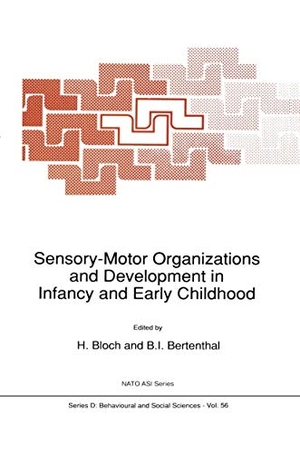Für statistische Zwecke und um bestmögliche Funktionalität zu bieten, speichert diese Website Cookies auf Ihrem Gerät. Das Speichern von Cookies kann in den Browser-Einstellungen deaktiviert werden. Wenn Sie die Website weiter nutzen, stimmen Sie der Verwendung von Cookies zu.
Cookie akzeptieren
Sensory-Motor Organizations and Development in Infancy and Early Childhood
- Springer Netherlands
- 2011
- Taschenbuch
- 536 Seiten
- ISBN 9789401074308
This book is the outcome of a Nato Workshop, held in France in July 1989. The workshop was organized to examine current ideas about sensory-motor organizations during human infancy and their development through early childhood. The study of sensory-motor development is experiencing a profound shift in scope, focus, methodology and theoretical foundations. Many of these changes are quite new and not yet well covered in the literature. We thought it would be useful for some of the leading researchers in this field to convene together and to compare notes, and collectively to establish future directions for the field. The reasons for a new conceptualization of sensory-
Mehr
Weniger
zzgl. Versand
in Kürze